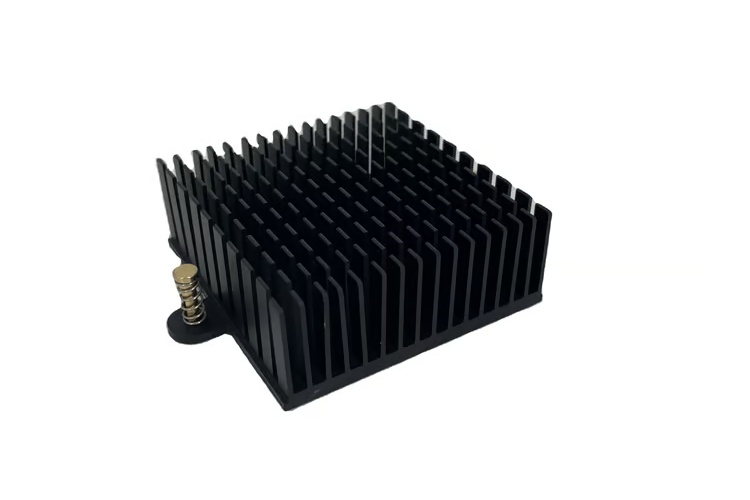Introduction
Cooling has become one of the essential aspects of many modern systems to work efficiently. Improper cooling of system parts can lead to unstable performance, damages and permanent failures. Choosing the right metal for cooling can make all the difference. So, which metals offer the best cooling properties?
1. Copper
Copper has excellent thermal conductivity and is widely used in cooling systems due to its heat dissipation properties. Copper is the most commonly used metal for heat sinks and cooling systems as it has both high thermal conductivity and electrical conductivity. Copper also has a natural antimicrobial property, making it a beneficial choice in cooling systems for medical equipment and devices requiring high hygiene standards.
2. Aluminum
Aluminum is a lightweight metal and has relatively good thermal conductivity, which makes it an excellent choice for many cooling systems. Aluminum is also corrosion-resistant and therefore, delivers reliable performance over time. It is an affordable and energy-efficient cooling solution and is often used in electronics including laptops, smartphones, and other portable gadgets.
3. Silver
Silver is an excellent conductor of heat and has the highest thermal conductivity of all known metals. Pure silver is a popular choice for cooling applications where high performance is essential. Additionally, silver has excellent reflectivity and can deflect heat radiation, making it an ideal choice for thermal insulation. However, silver is more expensive than other metals, making it a less-commonly-used cooling solution.
4. Gold
Gold is a precious metal known for its thermal conductivity, corrosion resistance, and excellent electrical conductivity. Gold plated thermal interface materials (TIM) are known for their low contact resistance, making them an essential component in cooling electronic devices. Gold is one of the most expensive metals on the market, and therefore, it is not a common cooling choice.
5. Titanium
Titanium is known for its high strength, low density, and excellent corrosion resistance. The thermal conductivity of titanium is lower than copper, aluminum, and silver, making it less attractive in some cooling systems. However, because of its strength and resistance to extreme temperatures, titanium is an excellent choice for cooling systems that require durability in harsh environments.
6. Nickel
Nickel is highly resistant to high temperatures and has excellent corrosion resistance, making it a good choice for cooling systems used in extreme environments. Nickel is used as a coating material in many heat sinks and cooling systems where corrosion can be an issue.
7. Zinc
Zinc has excellent thermal conductivity and is less expensive compared to other metals. Zinc is often used in heat exchangers and cooling systems for industrial applications due to its affordability and availability. However, zinc is vulnerable to corrosion and therefore may not be the best choice for long-term use or systems exposed to harsh environments.
8. Iron
Iron is not a typical metal of choice for cooling systems due to its poor thermal conductivity. However, iron is highly abundant, and low cost, making it an attractive option for some applications. Cast iron has excellent wear resistance and is commonly used in cooling systems where mechanical abrasion is a concern, such as in engine cooling.
9. Tungsten
Tungsten has the highest melting point of all metals, making it an ideal choice for cooling systems that operate in extreme heat conditions. However, tungsten's thermal conductivity is relatively low, and therefore it is not commonly used as a primary metal in cooling systems.
10. Platinum
Platinum is a highly conductive and corrosion-resistant metal that is often used in high-temperature electrical applications, including cooling systems. Platinum is an expensive choice due to its scarcity and high price, but its superior performance at high temperatures may justify the expense in some cases.
Conclusion
Cooling your systems is essential, and choosing the right metal for the job can make all the difference. Copper, aluminum, and silver are commonly recognized as the best metals for cooling due to their excellent thermal properties, electrical conductivity, and corrosion resistance. However, each metal has its pros and cons, and deciding which metal is the best fit will ultimately depend on your specific cooling needs.

